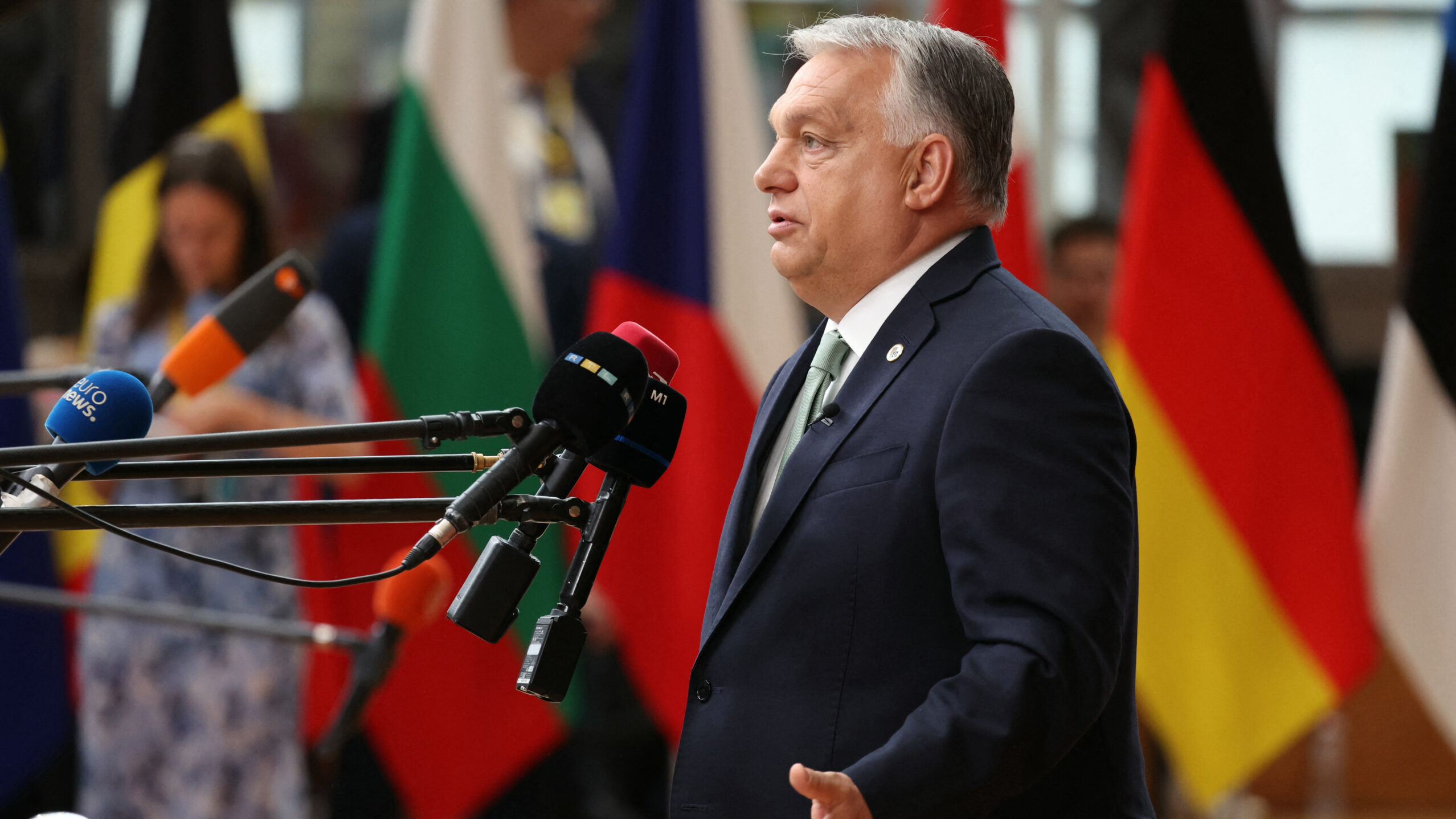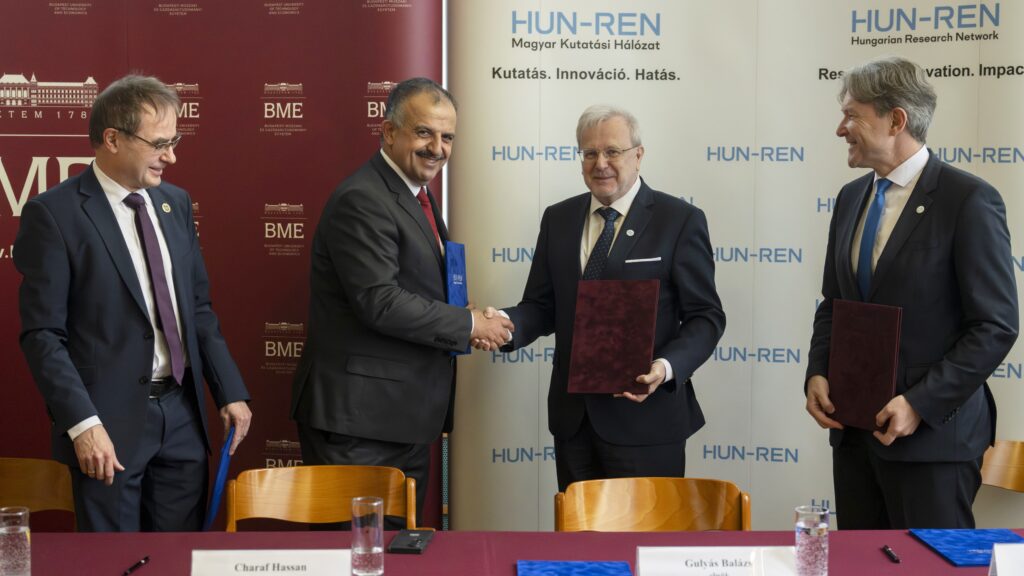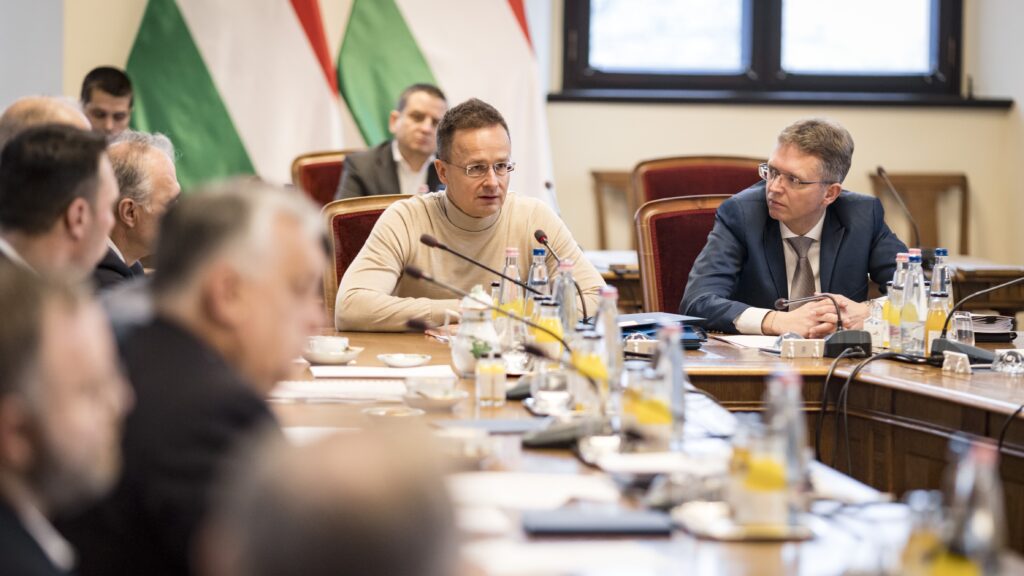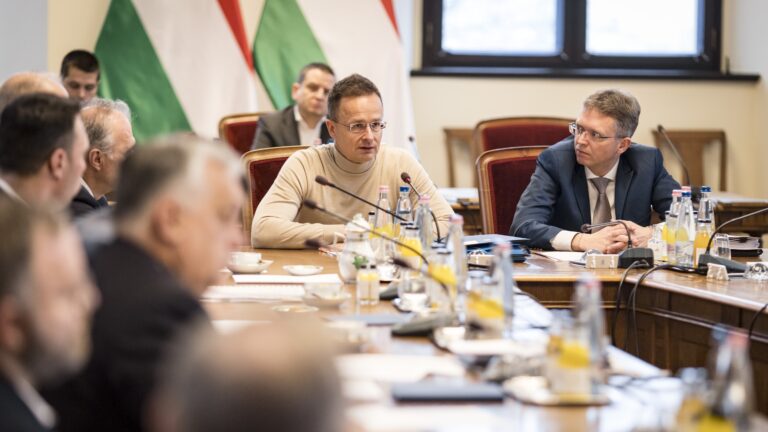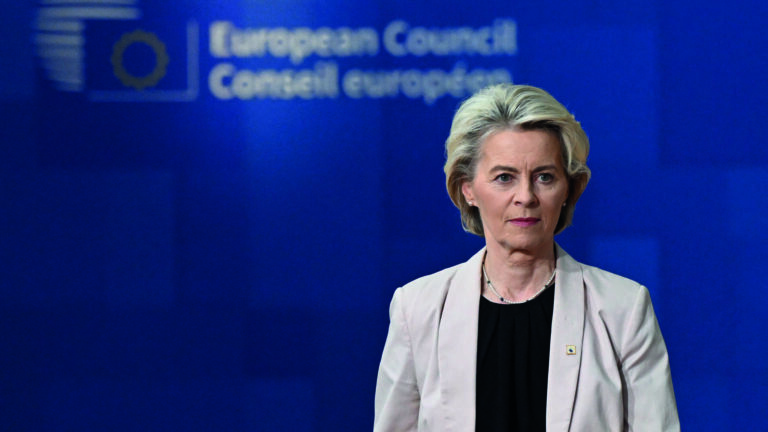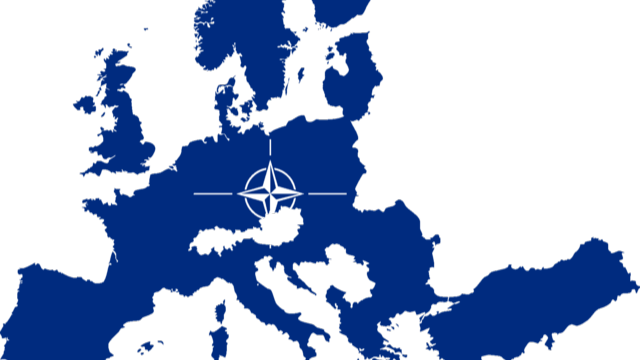Leaders from across the European Union will gather on Wednesday, 1 October, in Copenhagen, Denmark, for an informal meeting of the European Council. As with last year, when Hungary hosted the gathering, this year’s meeting will also put Prime Minister Viktor Orbán in the spotlight—though this time, Brussels is working to isolate the Hungarian leader and bypass his veto on matters concerning the war in Ukraine.
According to Politico Brussels, European Council President António Costa is seeking to sway enough member states to overcome Orbán’s resistance on two fronts. The first is Ukraine’s fast-track accession to the EU, which is currently blocked only by Hungary. The outlet cited five anonymous diplomats familiar with the matter, who said Costa’s proposal would allow negotiating clusters to be opened by qualified majority rather than by unanimous agreement.
Closing a cluster, Politico continued, would still require unanimous support, but lowering the threshold for opening negotiations would enable Ukraine and Moldova ‘to begin the reforms necessary to demonstrate progress toward EU standards in particular policy areas.’ This would allow Kyiv and Chișinău to advance their membership bids even if a member state opposed their accession.
Orbán vowed to block Ukraine’s accession in March 2025, citing severe economic and security consequences. His primary argument is that admitting Ukraine would automatically import an open conflict with Russia into the Union.
Costa visited Budapest on 10 September to ‘discuss the challenges facing the European Union’. He described the meeting as a ‘very useful exchange…focused on Europe’s priorities and on how to build unity to achieve them.’ According to Politico, Costa has been lobbying EU leaders directly during his recent ‘tour des capitales’—which included his Hungarian stop—as well as in bilateral talks on the margins of the United Nations General Assembly last week.
The European Commission welcomed Costa’s proposal on Monday, while the Financial Times reported on Tuesday as if it were already agreed. Yet such a move would be unprecedented in EU history—especially given that it would be done in favour of a non-member state—and could set a dangerous precedent for how smaller member states secure their interests against the bloc’s major powers.
Hungarian EU Affairs Minister János Bóka warned on Tuesday that such a decision would clearly contradict EU treaties and past practice, accusing Brussels of seeking to ‘free itself from the legal limits of EU law’. ‘The European Commission is steering member states where it wants them, at the cost of destroying institutional balance,’ he said. Bóka stressed that Hungary is blocking the opening of the first negotiation chapters with Ukraine because the majority of Hungarians oppose its accession. He added that several other member states also object in principle to changing the rules, fearing this would hand enlargement policy entirely to the Commission.
Zoltan Kovacs on X (formerly Twitter): "⚖️ Minister @JanosBoka_HU warned that Brussels is moving to sidestep EU law by replacing unanimity with qualified majority in certain enlargement decisions-contrary to the EU treaties and past practice. "This is how Brussels seeks to free itself from the legal limits of EU law."... pic.twitter.com/TY22SqQh9x / X"
⚖️ Minister @JanosBoka_HU warned that Brussels is moving to sidestep EU law by replacing unanimity with qualified majority in certain enlargement decisions-contrary to the EU treaties and past practice. "This is how Brussels seeks to free itself from the legal limits of EU law."... pic.twitter.com/TY22SqQh9x
European Commissioner for Enlargement Marta Kos is currently in Kyiv to discuss the process with President Volodymyr Zelenskyy’s administration. ‘Today marks an important step on Ukraine’s path to the EU. In the most difficult circumstances, Ukraine has completed the screening process of its entire legislation at record speed, laying the foundations for its European future. We now need to maintain momentum for reform,’ she wrote in a post on X on Tuesday.
Another front where Brussels is seeking to bypass Orbán’s veto is the use of frozen Russian assets to fill the $23 billion hole in Ukraine’s budget. Politico reported earlier in September that the EU is considering swapping the cash for zero-coupon short-term bonds jointly guaranteed by member states to avoid legal challenges.
Hungary recently sued the Commission for using interest from frozen Russian assets via the European Peace Facility—a fund primarily financing support for Ukraine since 2022—arguing that it had been deprived of its vote and that the move violated equality between member states and undermined democratic functioning.
The outright confiscation of sovereign assets remains legally contentious. Many warn that it could be challenged under international law, property rights, and sovereign immunity rules. There are also concerns that such a step could create precedents threatening the security of assets held by other states, or provoke retaliatory measures. Brussels’ bond-swap proposal is an attempt to bypass these obstacles.
Related articles:

